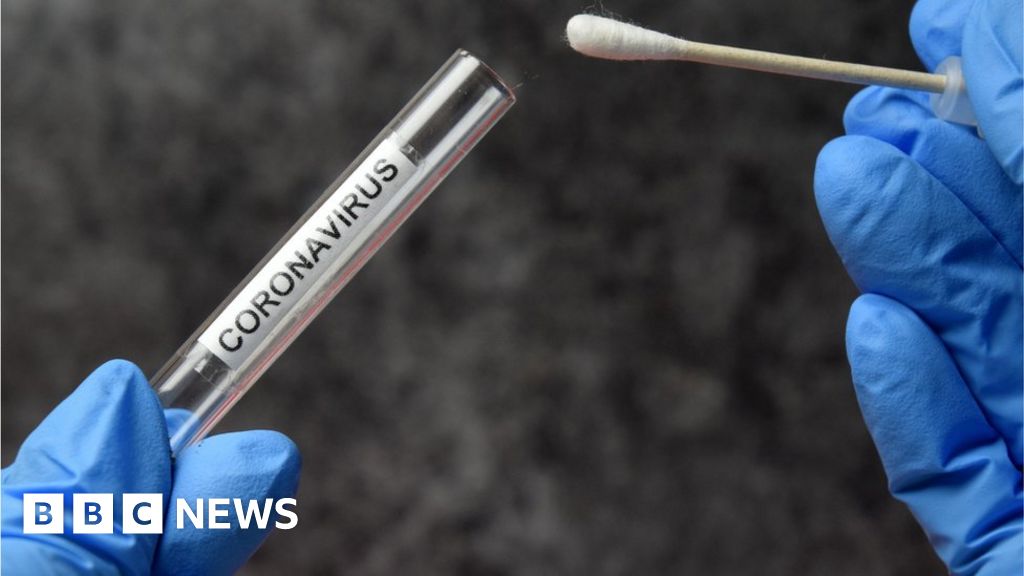
Coronavirus infections have increased in recent weeks in the UK, according to new estimates.
The government's latest R number is between 1 and 1.2 which means the epidemic is growing.
And a study of thousands of people in England found cases doubling every seven to eight days, with a marked rise in the north and among young people.
New laws on how many people can socialise indoors and outdoors are being introduced from Monday.
The R - reproduction - number describes how many people, on average, each infected person passes the virus on to.
If it is higher than one, as now, it means the number of cases is increasing fast.
The virus is still at much lower levels across the UK than at the peak of the pandemic in April.
Cases reduced dramatically in May and stayed low in June and July, but several large studies of the general population now suggest there has been a resurgence.
The REACT study of more than 150,000 volunteers in England found "accelerating transmission" at the end of August and start of September.
Levels of infection were rising across England but particularly in the north east, north west and Yorkshire.
And there were increases in positive cases in all age groups up to the age of 65, with highest rates of growth in 18-24 year olds.
Prof Paul Elliott, director of the study at Imperial College London, said the data clearly showed "a concerning trend in coronavirus infections" where cases are growing quickly across England and "no longer concentrated in key workers".
He said there was evidence of "an epidemic in the community" and not the result of more people being tested.
Nicola Sturgeon has warned that the average number of cases in Scotland has been "more than trebling every three weeks".
However in Wales, the Office for National Statistics (ONS) says there has been no increase in cases during the first week in September, estimates 1,200 people had coronavirus in the week between 30 August and 5 September.
In England, the equivalent estimate was 39,700 - 11,000 more than the previous week.
The ONS bases its figures on thousands of swab tests carried out in households, whether people have symptoms or not.
Katherine Kent, from the ONS infection survey, said the results suggested "an increase in Covid-19 infections in England during recent weeks, with higher infection rates among 17-34 year olds".
https://news.google.com/__i/rss/rd/articles/CBMiKmh0dHBzOi8vd3d3LmJiYy5jby51ay9uZXdzL2hlYWx0aC01NDExNjkzOdIBLmh0dHBzOi8vd3d3LmJiYy5jby51ay9uZXdzL2FtcC9oZWFsdGgtNTQxMTY5Mzk?oc=5
2020-09-11 12:18:37Z
52781055569450
Tidak ada komentar:
Posting Komentar